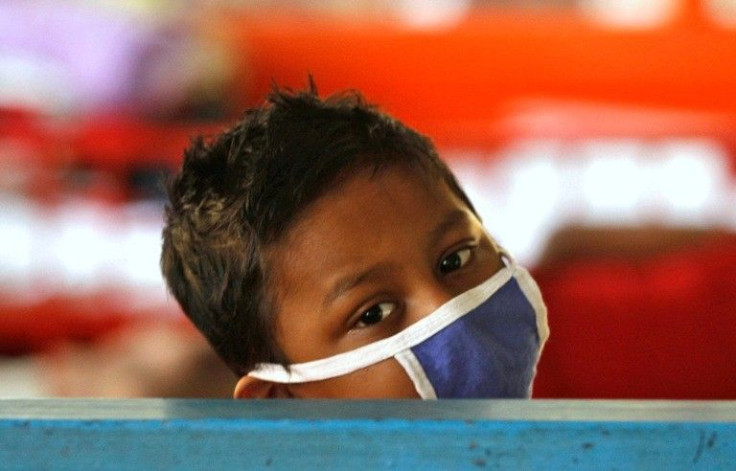Tuberculosis Vaccine Developed By Way Of BCG Immunization: New Vaccine Could Impact One-Third Of The World's Population

Researchers from McMaster University claim that they have developed an effective vaccine to fight tuberculosis (TB). According to the study’s co-leader, Dr. Fiona Smaill of the Michael G. DeGroote School of Medicine at McMaster, a viable treatment against TB has proven to be problematic due to the disease’s multi-drug resistance.
According to the World Health Organization (WHO), one-third of the global population is infected with TB bacteria. Although the yearly TB death rate has decreased by 41 percent since 1990, 8.7 million people were diagnosed with TB in 2011. People with weakened immune systems and human immunodeficiency virus (HIV) are 20 to 30 times more likely to contract this infectious lung disease.
"Tuberculosis is a serious public health threat," Smaill explained. "One-third of world's population is infected with the organism that causes tuberculosis, and it remains the top infectious killer of people only secondary to HIV; yet, the current vaccine used to prevent it is ineffective."
Countries with high incidence of tuberculosis infections currently receive the Bacille Calmette-Guerin (BCG) vaccine as part of a WHO immunization program. The BCG vaccine is the only TB immunization available and is administered before a child’s first birthday. The new vaccine developed at McMaster is designed as a booster to BCG that would reactivate immune elements that diminish in years following the initial immunization.
Smaill and her colleague, Professor Zhou Xing of McMaster's Immunology Research Centre, began human clinical trials back in 2009 on 24 healthy adults, including 12 who had received the BCG vaccination in the past. By the third year of clinical trials, Smaill and Xing started to notice significant immune responses in patients without any safety concerns.
"The primary goal was to look at the safety of a single dose vaccine injection," said Xing, "as well as its potency to engage the immune system."
The research team admits that more clinical trials will be needed before the vaccine is considered for a wide-scale immunization program in at-risk regions like Asia, Africa, Eastern Europe, and South America. The number of multidrug-resistant TB cases doubled between 2009 and 2011 in these areas.
"As a doctor who looks after patients who have tuberculosis, including those who are HIV infected, I realize how important it is going to be to control this infection with a good vaccine,” Smaill added. "We are probably one of a few groups in the world who are actually doing bench-to-human tuberculosis vaccine work, and we are excited to be part of this and thrilled that it started at McMaster."
Source: Smaill F, Xing Z. McMaster lab develops new tuberculosis vaccine. Science Translational Medicine. 2013.



























